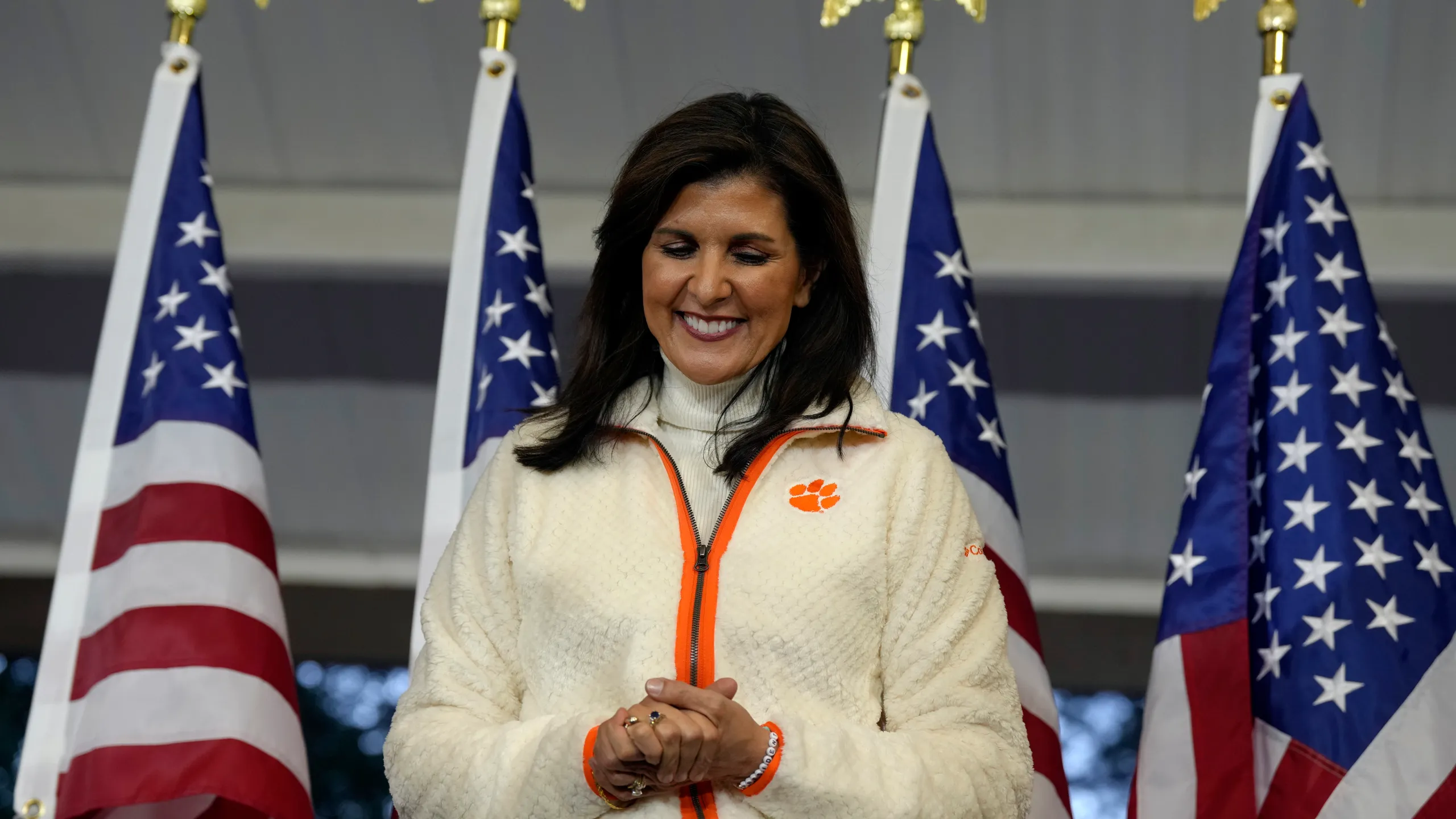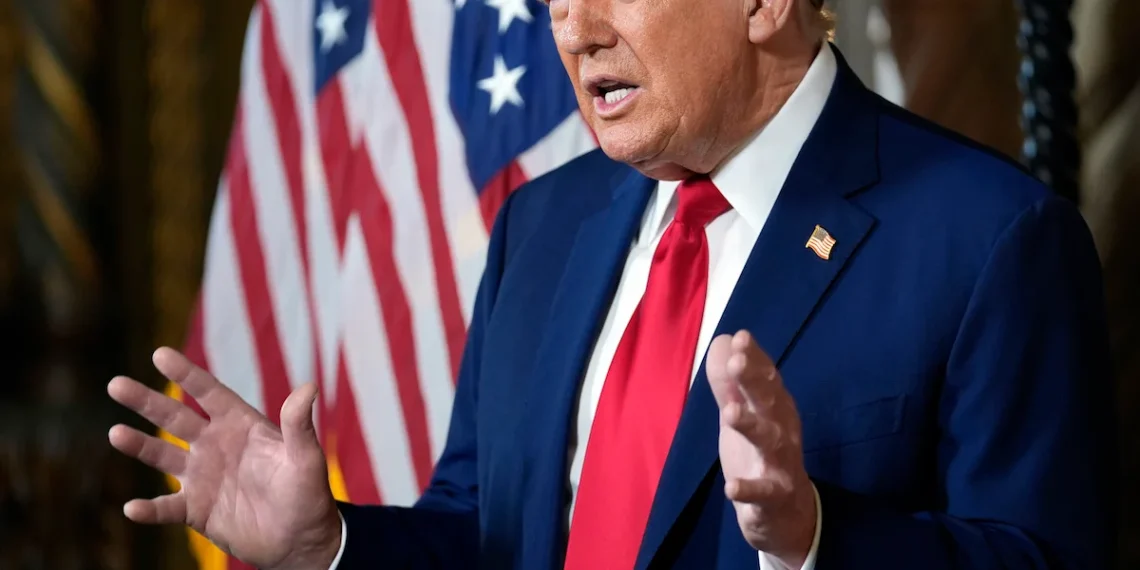Former President Donald Trump secured a commanding victory in the Super Tuesday primaries, winning in all states except Vermont, thereby solidifying his path to the Republican presidential nomination.
With primaries held in fifteen states, Trump’s dominance in the GOP race became evident as he accumulated a significant portion of the delegates up for grabs.
Despite variations in delegate allocation methods across states, Trump emerged as the clear frontrunner by the end of the night, except for Nikki Haley‘s win in Vermont, which added 17 delegates to her count.

Haley’s campaign seized upon Trump’s near-sweep to underscore lingering dissent within the GOP against the former president. While Trump’s delegate count surged to 911, Haley’s total stood at 78, indicating a substantial gap in support between the two candidates.
However, Haley’s prospects for winning the nomination remain uncertain, hinging on her ability to outperform Trump in subsequent primaries.
Trump’s advantage in securing the nomination was evident in the adjustments made to delegate allocation rules by state party leaders, favoring his candidacy. Despite Haley’s determination to continue her campaign, her future plans beyond Super Tuesday remained ambiguous.

Although she expressed a commitment to persevere through the primaries, her path forward appeared challenging given Trump’s formidable lead.
Notably, Trump’s victory speech from Mar-a-Lago made no mention of Haley, underscoring the intensity of the competition despite her success in Vermont.
As Trump marches closer to securing the nomination, the GOP grapples with internal divisions and dissent against his leadership. The outcome of subsequent primaries will determine the trajectory of the Republican race, shaping the landscape for the upcoming presidential election.




